With the revised Korean Specific Financial Information Act (SFIA) that regulates virtual asset providers in effect on the March 25th, exchanges that have not yet issued real-name confirmation deposit and withdrawal accounts from banks have started to prevent customer churn.
0 Comments
The so-called 'Kimchi Premium (KIMP)' phenomenon in which the price of domestic virtual assets is higher than that of overseas is rising again. Until the beginning of this year, the 'Reverse Premium' of which foreign transaction prices were higher than the domestic price continued, but the recent enthusiasm for investing in domestic virtual assets is heating up and there are signs that Kimchi Premium is intensifying.
Korean Special Information Act Law Enforcement, Points to Note for Virtual Asset Investors3/17/2021 As the amendment bill of the Specific Financial Information Act (Special Act) that regulates virtual asset business operators is being implemented from the March 25th, attention is also focused on whether there are any points that general investors should pay attention to.
On the 19th, the daily trading value of the Upbit (www.upbit.com) won market exceeded 10 trillion won. The most traded stock on this day was BORA, which traded over 2 trillion won in the last 24 hours, and the daily increase rate recorded 433%. Paycoin, which increased 25 times in the day before, was traded at 1.4 trillion won on Upbit that day, and plummeted 46.41%.
Bithumb (www.bithumb.com), a virtual asset exchange, is aggressively responding to illegal listed brokers.
|
AuthorDongWon KWAK. Korea Venture Capital and Startup Expert. Archives
January 2023
Categories
All
|
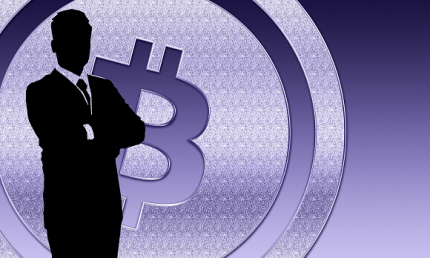
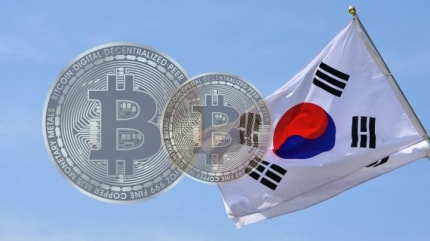
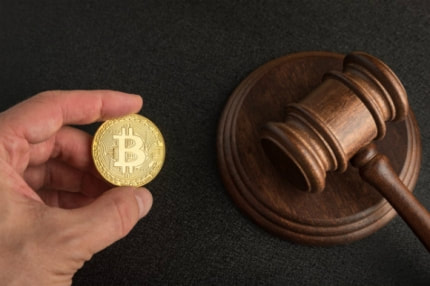
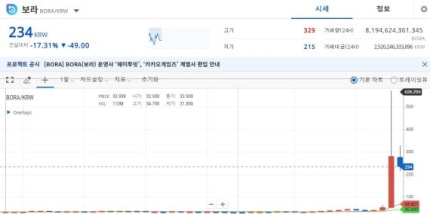
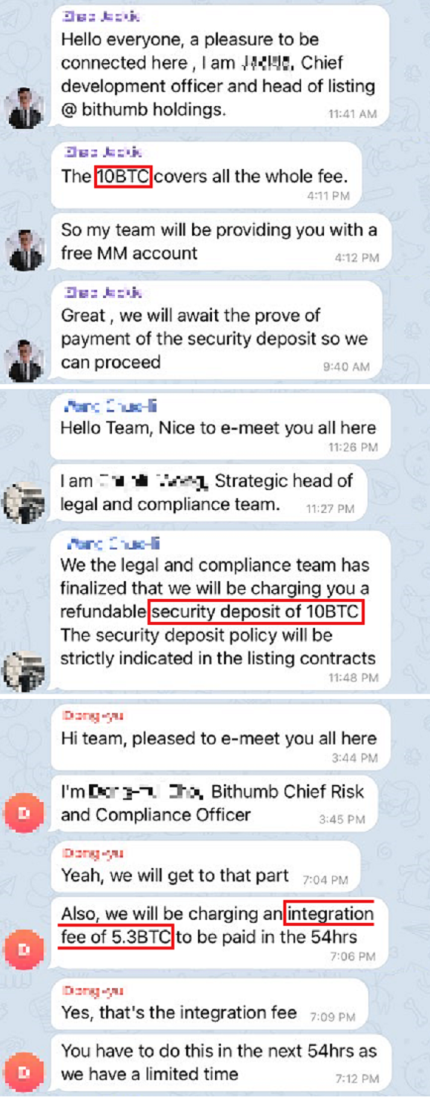
 RSS Feed
RSS Feed

